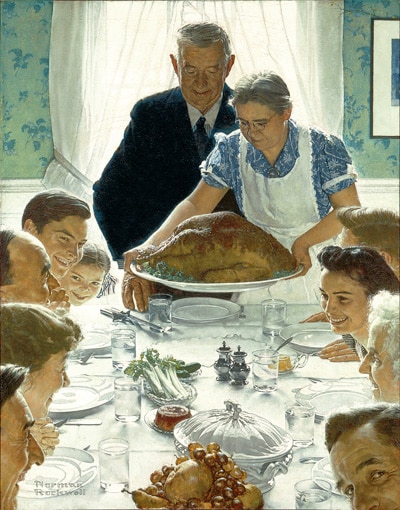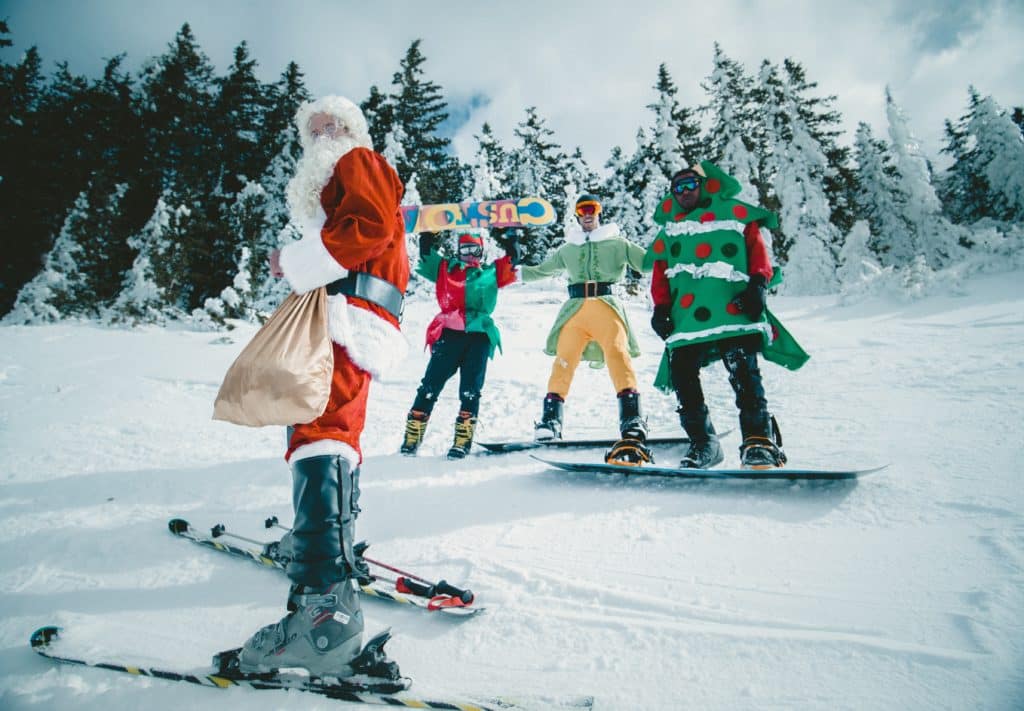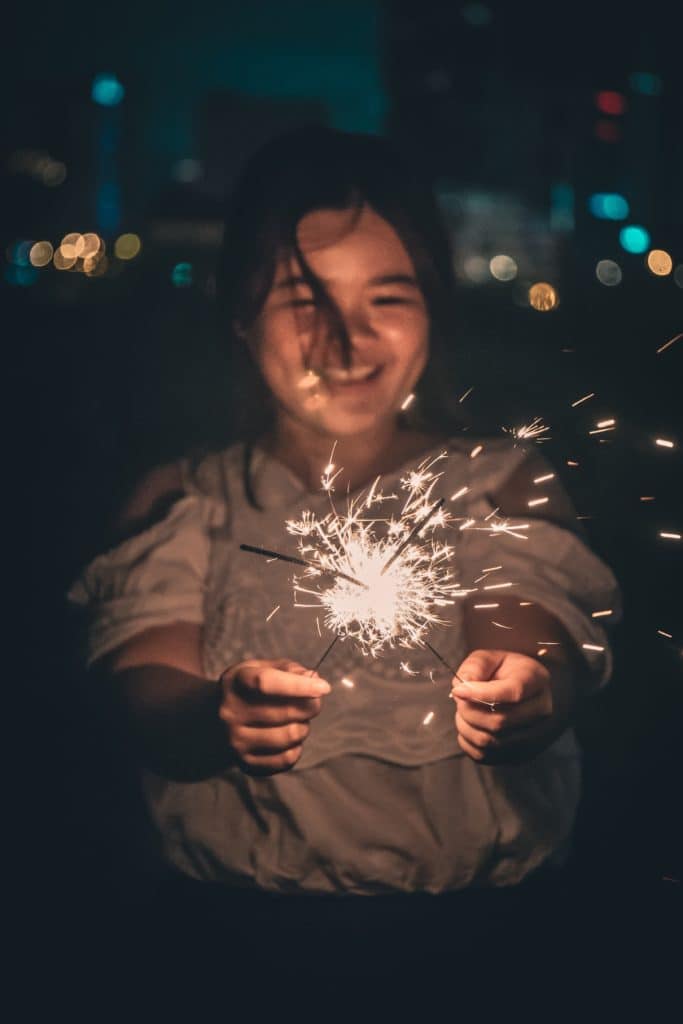For a recovering addict or alcoholic, holidays such as Thanksgiving, Christmas, and New Year’s can be annual versions of The Bermuda Triangle. To stay out of the danger zone, it is best to prepare yourself for the potential threats to your sobriety before you encounter them. Here are 12 Tips you can follow for partying sober during the holidays:

Story illustration for “The Saturday Evening Post,” March 6, 1943. Photo Credit www.nrm.org.
1-Prepare your mind
Have a few lines handy for when someone offers you a drink at a holiday party. “No thank you, but I’ll take a Coke.” If you are constantly asked, be repetitive and consistent with your answers and answer firmly, “No.”
2-Volunteer
Spend time helping at a soup kitchen or helping children’s charities. You’ll find that giving your time will feel amazing and still give you the ability to be social during the holiday season.
3-Be the designated driver for the evening
By being the designated driver, this will make you look responsible and will prevent more people from asking you to drink with them.
4-Celebrate the sober life
Host your own substance-free shindig. Arrange games and chances for attendees to win prizes.

5-Have an escape plan
If you are at an event where people have a lot of alcohol, attend the party with a sober friend. If your urges are too strong, set an alternative plan for the night so you won’t feel obligated to stay.
6-Avoid familiar places
Stay away from old hangout areas and minimize the time you spend with old friends if you happen to run into them.
Avoid being too Hungry, Angry, Lonely, or Tired before an event. This can lead to stronger urges to relapse.
8-Follow your recovery routine
Stick as close to your recovery routine as possible during the holidays.
9-Exercise
Exercise on a regular schedule. Dancing at holiday parties can also help keep your mind off of drinking.
10-Relocate
Try to stand closer to the food than the drinks at social gatherings.

11-Do not overeat
Try not to overeat. This can lead to HALT feelings and feelings of guilt. Instead, watch your portions and schedule meals appropriately.
12-Seek assistance when needed
Attend a 12-step meeting before or after the holidays as a reminder that you are not in this alone. The encouragement will help you stay focused on your sober journey throughout the holiday season.
Many of The Council on Recovery’s staff will be unavailable on major federal holidays. However, the building will be open to host meetings and yoga classes. For more information please contact 713.942.4100 or email us here. Happy Holidays!
